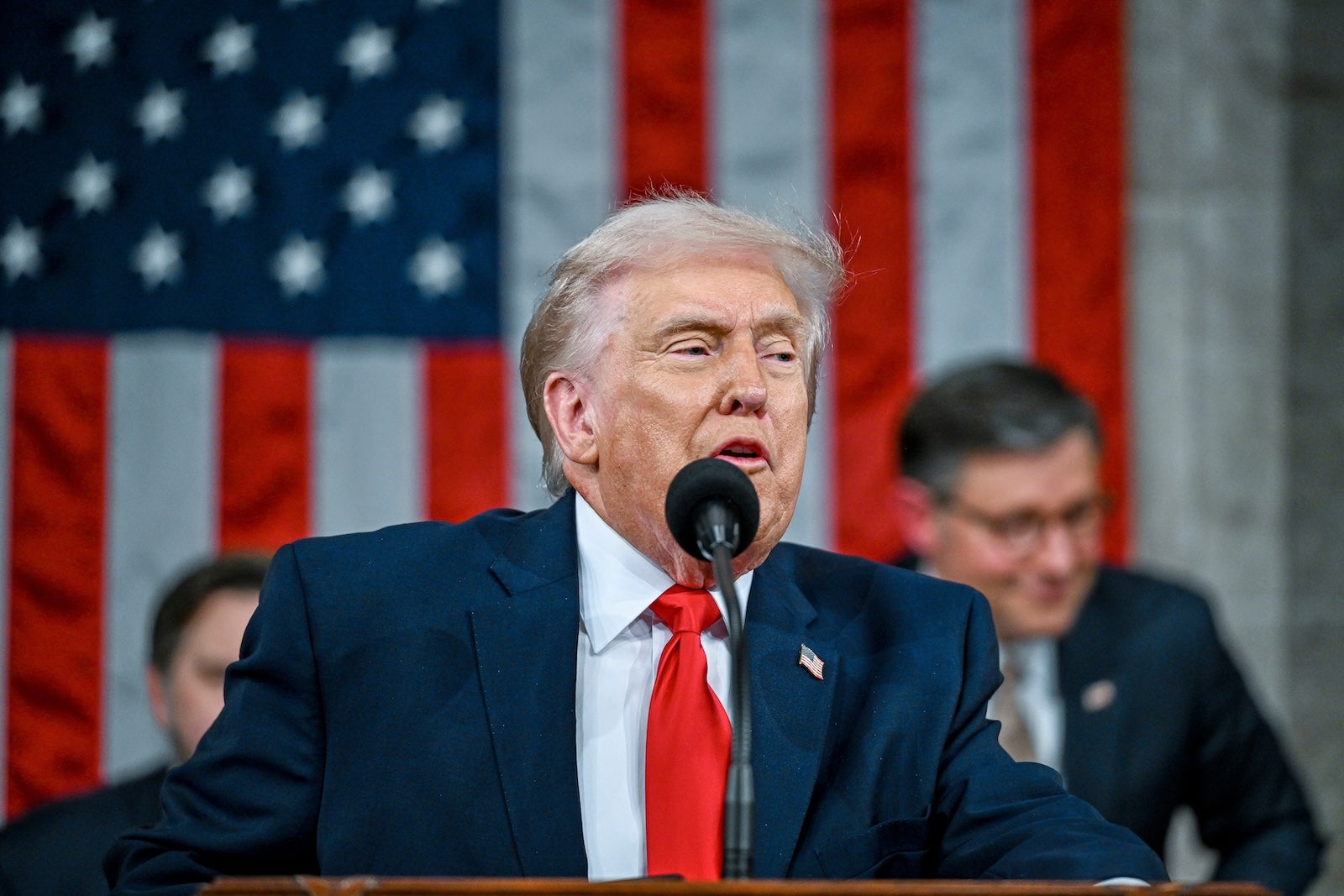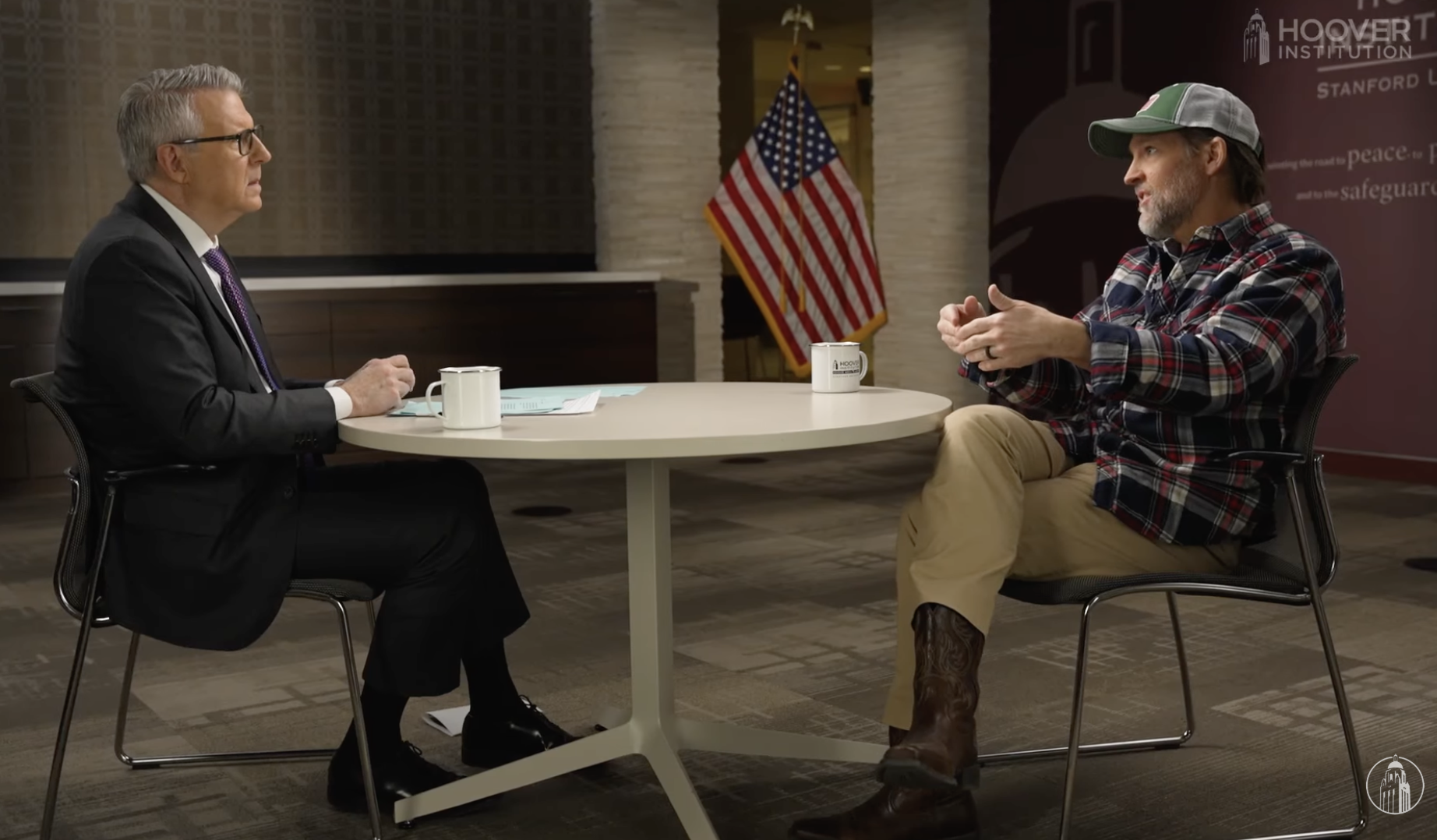VATICAN: Pope Releases Major Teaching Document "Dilexi Te"

On October 9, 2025, the Holy See released Dilexi te ("I have loved you"), Pope Leo XIV's inaugural apostolic exhortation as pontiff. The document emphasizes preferential love for the poor, migrants, and socially excluded, framing the new pontificate's social and pastoral agenda.
The exhortation draws on Catholic social teaching tradition while setting priorities for diocesan and parish implementation worldwide. It signals continuity with previous papal emphases on mercy, social justice, and accompaniment of marginalized populations.
According to the Rio Times, which reviewed key religious developments October 8-13, the document "signals concrete continuity with Catholic social teaching while shaping diocesan and parish priorities worldwide." The release was timed for early in Leo XIV's papacy to establish theological and pastoral frameworks for his tenure.
The document's title references Jesus's words in John 15:9: "As the Father has loved me, so I have loved you." The exhortation applies this principle of divine love to contemporary challenges including migration, economic inequality, and social fragmentation.
No major doctrinal innovations were reported, with the text emphasizing application of existing Catholic social doctrine to current circumstances rather than developing new theological positions.

THE CRUSADERS OPINION
Dilexi te arrives at a moment when Catholic social teaching faces a peculiar challenge: it's simultaneously the Church's most distinctive intellectual contribution to modern political economy and its most selectively applied doctrine. Conservatives champion its teachings on life, family, and subsidiarity while downplaying solidarity and preferential option for the poor. Progressives emphasize economic justice and migration while ignoring its rigorous sexual ethics and consistent life ethic. Everyone quotes the parts they like.
For a Christian man with Western, pro-Christendom sensibilities, the document presents both encouragement and challenge. The encouragement: the papacy continues articulating a coherent alternative to both libertarian capitalism and socialist collectivism—a vision where human dignity, family flourishing, and common good trump both market efficiency and state control. The challenge: actually living that vision requires sacrifices contemporary Christians, especially affluent Western ones, are reluctant to make.
The emphasis on migrants deserves careful attention, particularly as it intersects with legitimate concerns about national sovereignty and cultural continuity. Catholic social teaching holds both that nations have the right to regulate borders and that migrants possess fundamental human dignity requiring charitable response. The tension is real, not imaginary, and glib appeals to "love" that ignore security concerns or cultural integration challenges don't resolve it.
Here's where thoughtful Christian analysis must go deeper than political tribalism. Yes, progressive activists use migration as a wedge to dissolve national identities and traditional cultures—that's a real phenomenon. But it's equally true that many migrants flee genuinely dangerous situations, that Christian teaching requires practical charity toward strangers, and that the West's demographic collapse means immigration is inevitable regardless of ideology. The question isn't whether migration happens but how it's ordered, integrated, and directed toward genuine flourishing rather than exploitation of cheap labor or welfare dependency.
Dilexi te's emphasis on the poor similarly cuts across contemporary political categories. The document likely challenges both progressive prosperity gospel masked as social justice and conservative indifference to structural economic injustice. Catholic social teaching isn't socialism—it defends private property, enterprise, and subsidiarity. But it also insists the economy exists to serve human flourishing, not vice versa, and that markets unconstrained by moral norms become exploitative.
For Christian unity, documents like Dilexi te reveal both promise and frustration. The promise: Catholic social teaching offers intellectual resources for ecumenical engagement on pressing issues. Reformed Christians can appreciate subsidiarity and sphere sovereignty; Orthodox Christians recognize the emphasis on human dignity and community; evangelicals see the biblical mandate for justice and mercy. The frustration: Catholic documents rarely gain traction beyond Catholic circles, and even within Catholicism, implementation varies wildly by diocese and parish.
The real test of Dilexi te won't be its theological sophistication but its practical application. Will dioceses actually prioritize serving the poor and accompanying migrants, or will this become another document gathering dust while parishes focus on budget management and programming? Will bishops challenge wealthy congregants who treat the Church as a
social club rather than a community ordered toward holiness and justice?
Here's the uncomfortable reality for Western Christianity: we live in the wealthiest societies in human history, surrounded by material abundance previous generations couldn't imagine, while simultaneously experiencing spiritual impoverishment, family breakdown, and demographic collapse. Catholic social teaching, and Dilexi te specifically, suggests these aren't unrelated phenomena—that ordering society exclusively toward material prosperity rather than human flourishing produces the very crisis we're experiencing.
A pro-Christendom perspective should celebrate Dilexi te while pushing beyond Catholic-Protestant divisions on authority. The document represents Christianity engaging seriously with contemporary challenges through resources developed across centuries. Whether you accept papal authority or not, the substantive arguments deserve engagement. Can Protestant traditions develop equally robust social teaching? Can Orthodox theology speak practically to modern economic questions? Christian unity doesn't require institutional merger, but it does require mutual learning and respect.
The document's emphasis on "preferential option for the poor" will predictably trigger accusations of Marxism from the right and celebrations of liberation theology from the left. Both miss the point. The preferential option isn't about class warfare or wealth redistribution through state coercion. It's about recognizing that the powerful naturally advantage themselves, so deliberate attention to the vulnerable is necessary for genuine justice. It's Proverbs 31:8-9, not Das Kapital.
For Western Christians specifically, Dilexi te should prompt self-examination. Do our churches reflect Christ's priority for the poor, or do they function primarily to serve middle-class comfort? Do we advocate for policies that genuinely promote human flourishing, or do we simply baptize our political tribe's platform? Are we willing to personally sacrifice for migrants, the poor, and the excluded, or do we only support charitable work we can outsource to others?
The deeper question Dilexi te poses to Christendom: Can Christianity shape Western civilization toward justice and mercy, or has Western civilization so captured Christianity that we've become indistinguishable from secular culture except for our stance on a few hot-button issues? Documents like this won't answer that question, but they provide tools for those willing to engage it seriously.





